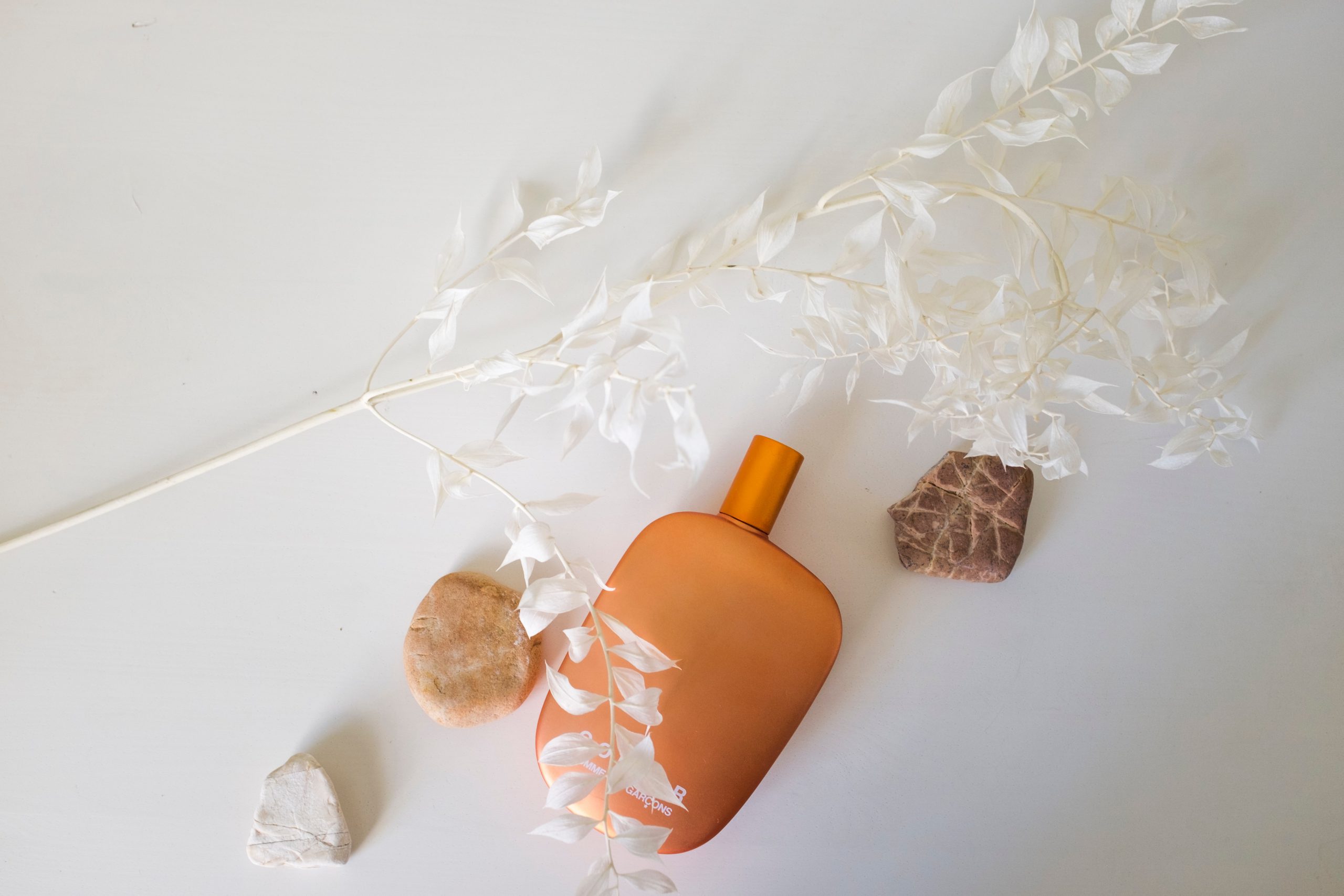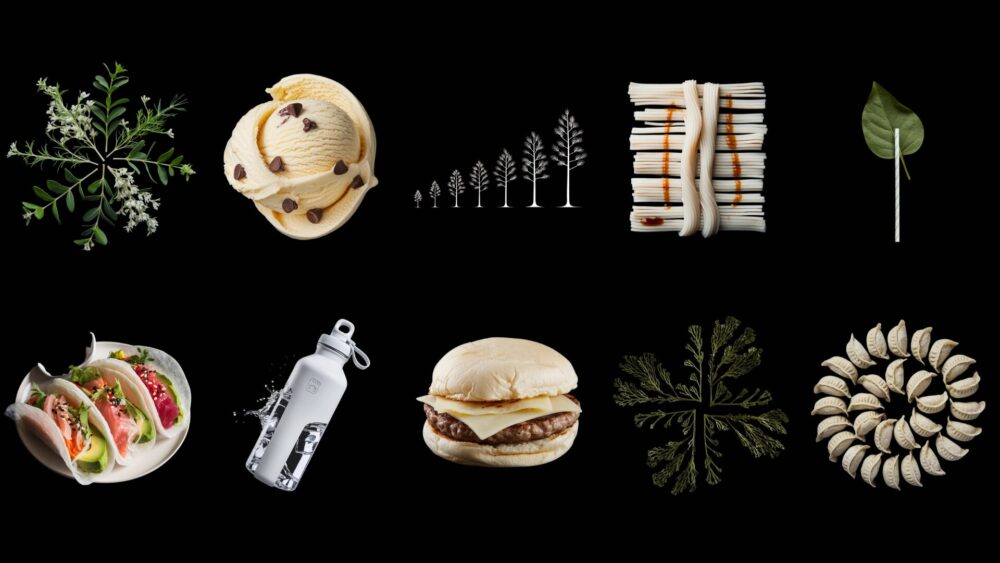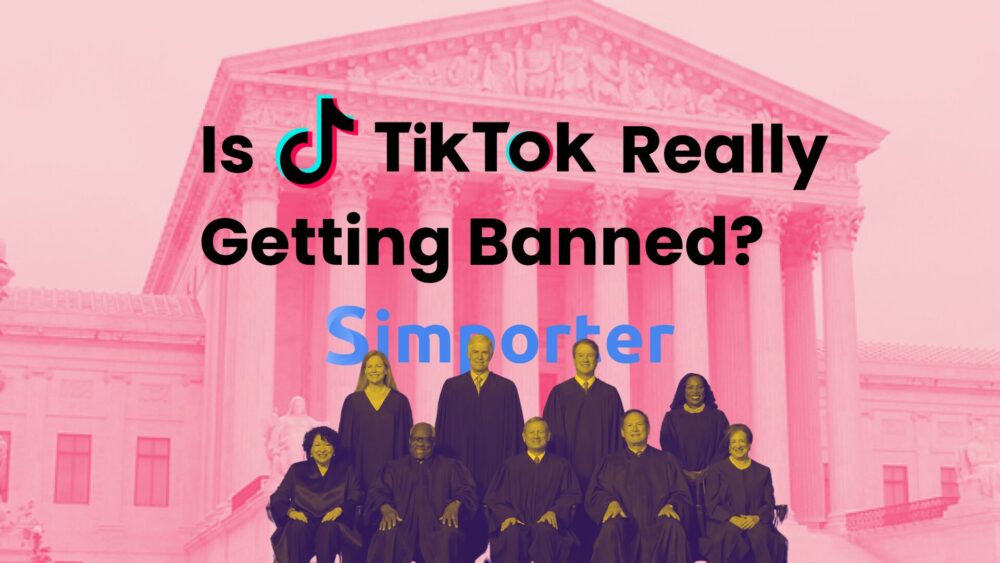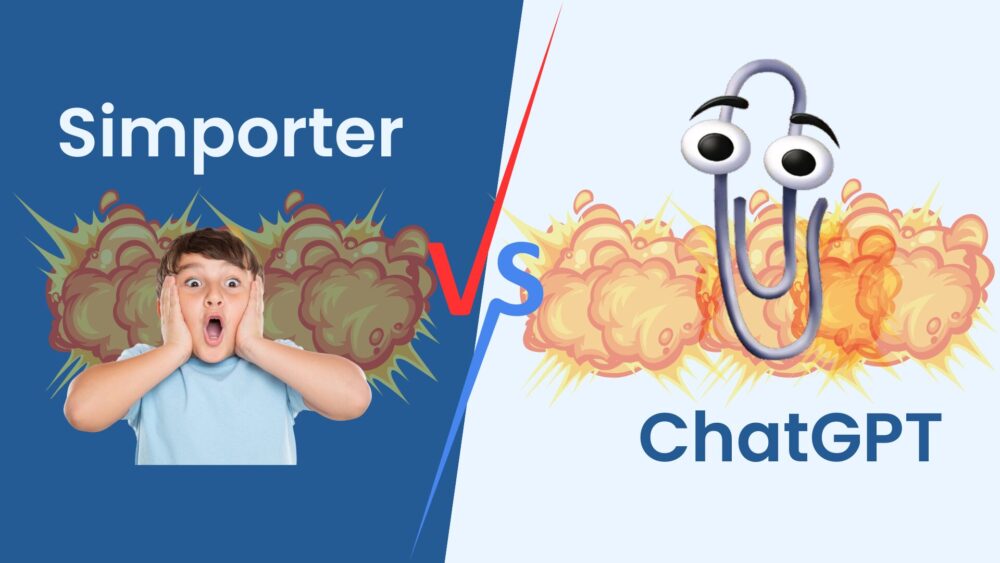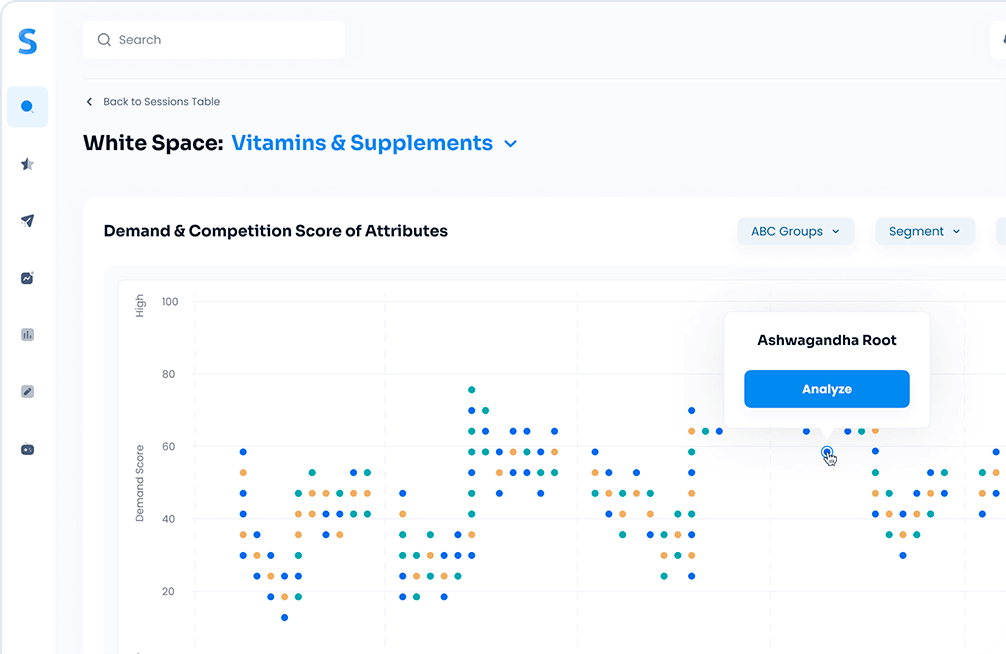The luxury fragrance market has gone through significant changes in the last few years, notably for buyers in the younger generations. That overwhelming, powerful smell you’re familiar with when walking around on the first floor of a department store is rapidly being replaced by the aroma of clean, subtle, and natural scented fragrances. Gen Z and Millenials are making a significant impact on the way fragrance manufacturers create and market products, and your brand needs to take notice of what’s on the rise and what’s on its way out. We’ve got the data to help you out.
Our Predicted Losers List for Fragrances
Using our White Space AI tool, the team here at Simporter analyzed 28 Luxury Fragrances to predict which will have the least growth potential, specifically within the Luxury Cosmetics industry, in 2022. Our software analyzes social media mentions, consumer sentiment patterns, and search traffic to make highly accurate trend predictions.
Take a look.
Amber
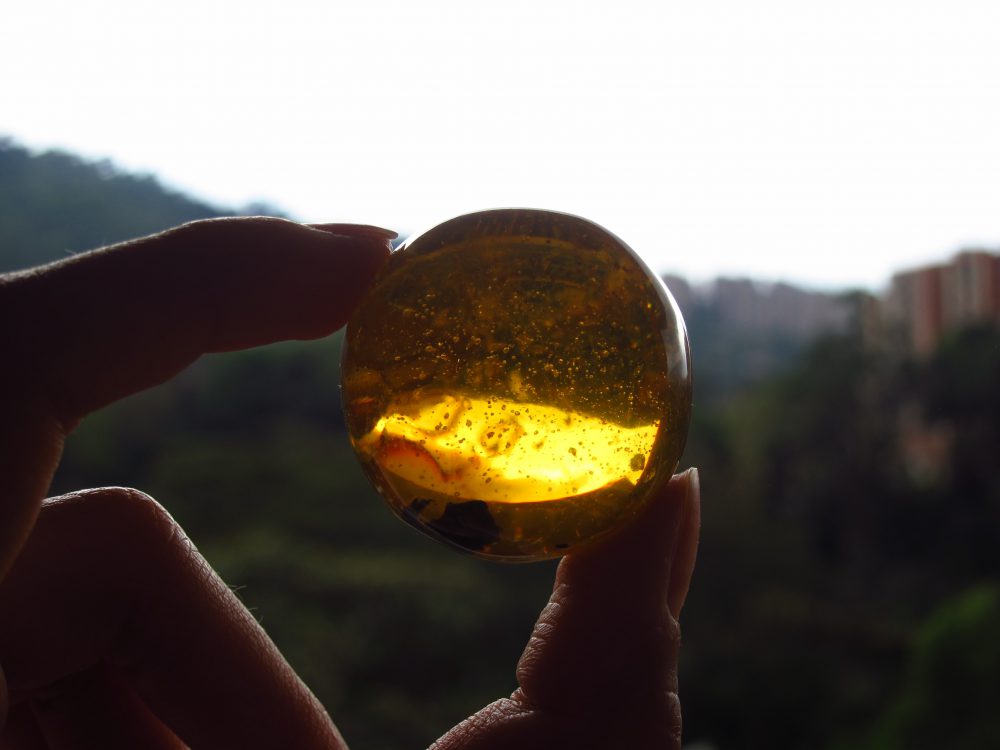
Amber is the number one predicted loser on our list for 2022, with an expected negative growth rate of 97.83 percent. This particular fragrance already struggles to hold a large share of voice, with only 0.37 percent compared to the other six scents on this list. The market shift towards preferring more muted, natural perfumes are hurting Amber’s chances at a successful 2022 in a big way.
Typically a blend of ingredients, Amber gives off a warm, powdery, sweet scent. It consists of a range of natural and artificial ingredients, such as vanilla, sandalwood, and patchouli, among others. It is used as a primary ingredient to create inviting and comforting fragrances that convey a rich and spicy feel. Products like this Michael Kors Sexy Amber Fragrance, which is “crafted with a high concentration of essences,” will likely drop in popularity. At the same time, less intense scents will continue to gain favor with buyers.
Sweet
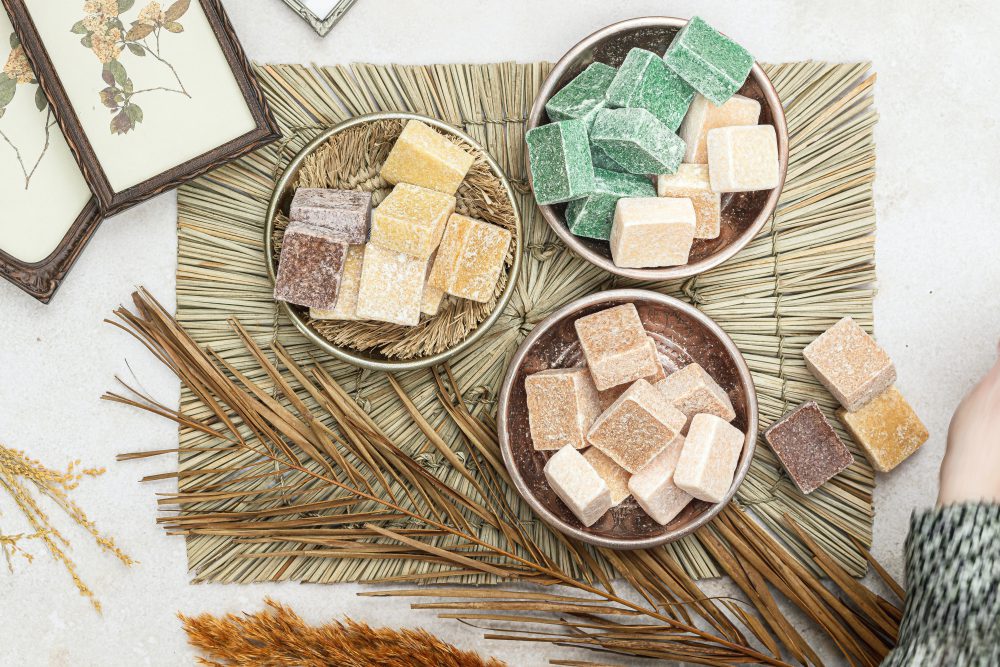
Many of the fragrances on this list will suffer in 2022 for similar reasons — buyers want fewer chemicals, more natural ingredients, and less overwhelming aromas. Nevertheless, Sweet-smelling perfumes, in particular, are going to have trouble keeping up with their competition with an expected 74.14 percent negative growth next year.
We hypothesize that Sweet will struggle purely based on how synthetic most of the ingredients are in these products (such as this perfume from HUDA BEAUTY), which has become a big no-no for consumers. Expect Sweet fragrances also to see a decline in their share of voice, which currently sits at 2.32 percent.
Rose
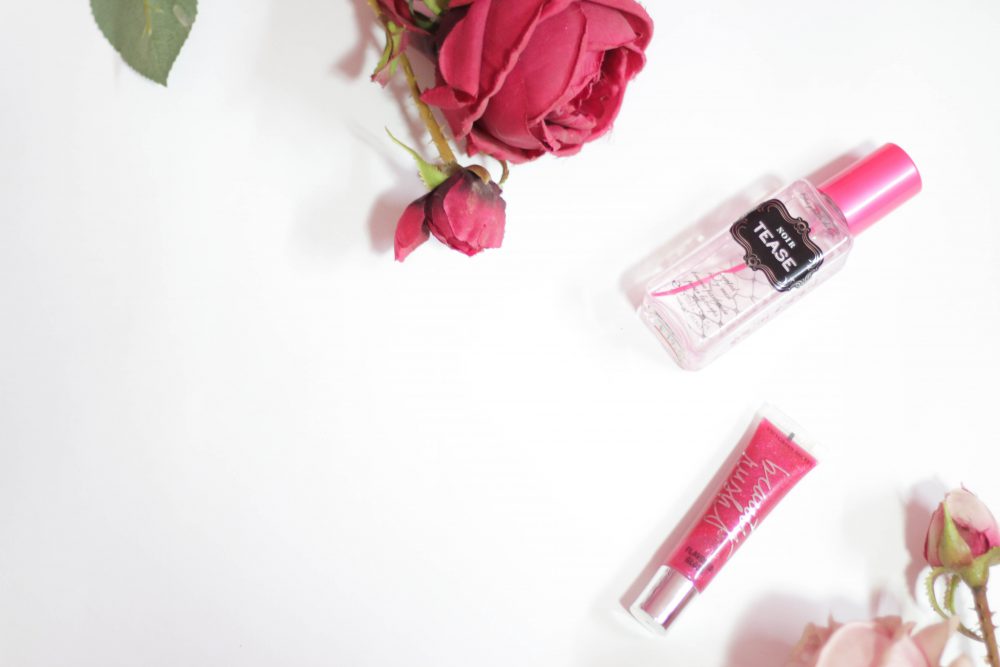
Rose holds the second-largest share of voice on our list, with 12.00 percent. So why do our analytics anticipate it will lose so much favor in the market next year? The decline is likely due to the synthetic nature of the ingredients used to give off a similar scent to actual roses.
For example, this Tiffany & Co. Rose Gold Eau de Parfum highlights the aroma “Blue Rose Accord,” which is not a scent or smell found in nature whatsoever. In past years, specifically with older generations, Rose scents like this were trendy due to the mystique, sexiness, and curiosity around the packaging, uniquely named aroma, and branding. However, as we head into 2022, we expect younger buyers who now have greater spending power will turn towards perfumes with actual floral notes, not ones made with synthetic Rose fragrance.
Fresh
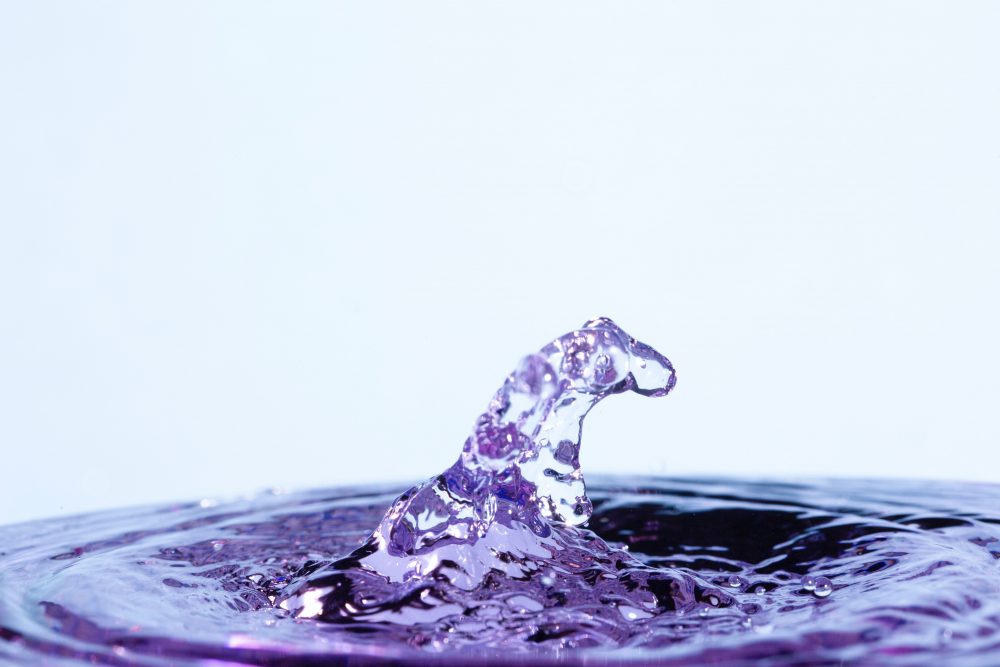
We’ve previously highlighted the trend of consumers wanting cleaner, more uncomplicated fragrances for their everyday routines (check out our white paper on all consumer preferences here). So, it may be surprising to see that Fresh (21.41 percent share of voice) has made it the 4th biggest predicted loser on our list for 2022. We expect 49.63 percent negative growth for the Fresh fragrance category next year.
Even though “Fresh” may feel synonymous with or similar to “natural,” or “clean,” or “organic,” it’s an entirely artificial and lab-made scent that won’t perform well in the marketplace next year. There’s a clear distinction between artificial scents intended to smell like clean, fresh linen such as this one from Marc Jacobs Fragrances, and those mimicking aromas carry those qualities naturally. Consumers will instead opt for scents like rain water, ocean, and others that deliver a similar impact without using so many chemicals in the process.
Floral, Herbal, and Fruity
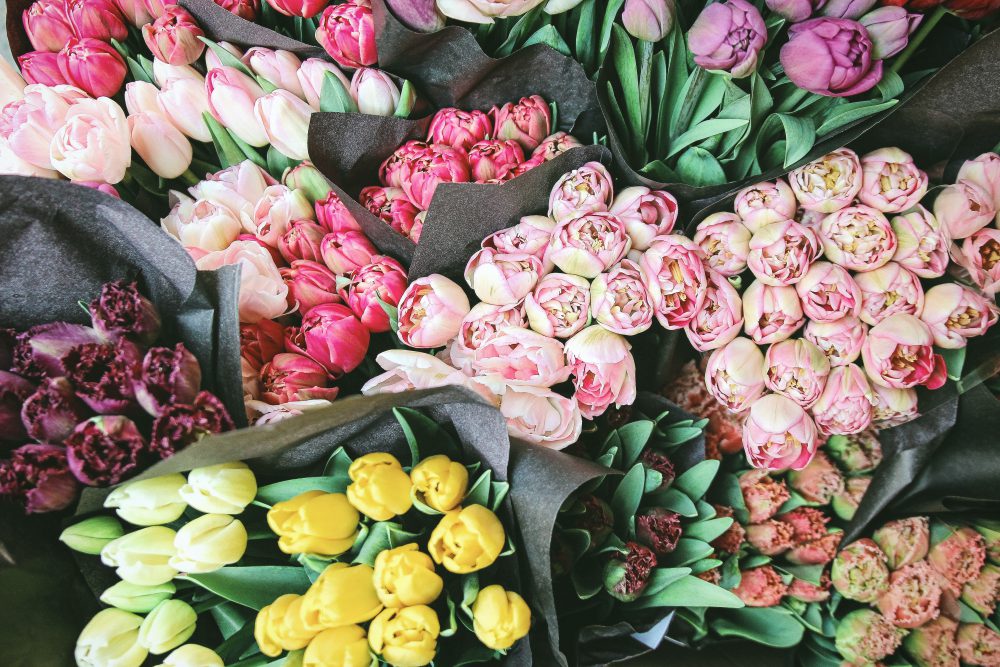
These final three Fragrances are very similar and will lose popularity next year for similar reasons, so we’ve batched them together to address them all at once. Floral, Herbal, and Fruity scents will have difficulty maintaining their already slim shares of voice (2.55 percent, 0.76 percent, and 0.78 percent, respectively) in a marketplace that is pushing artificial out and welcoming natural in with open arms. All three of these Fragrances share properties that make them unappealing to younger consumers, mainly because they require artificial ingredients to smell the way they do.
Floral, Herbal, and Fruity fragrances such as Gucci’s Gardenia Eau de Parfum or Michael Kors’ Gorgeous! perfume are going to decline in popularity over the next 12 months. None of the three are expected to perform well next year, with Floral set to see 43.28 percent negative growth, Herbal 47.82 negative growth, and Fruity 7.83 percent negative growth. All feature scents that are processed, such as “floral bouquet” or “tobacco accord” or “comforting woods,” and won’t grab as much attention from the public in 2022 if they don’t implement changes quickly.
Conclusion
Fragrances, as a whole, need to start paying closer attention to what the other cosmetics categories are doing. To accommodate the shift in how consumers view their beauty products, Fragrance brands should begin developing new product lines that promote healthy, natural, and, if possible, as few processed ingredients as possible.
For more insights on luxury cosmetics trends, check out our recent webinar here. If you’re ready to see Simporter AI in action and learn what it can do for you, request a demo on our website.
